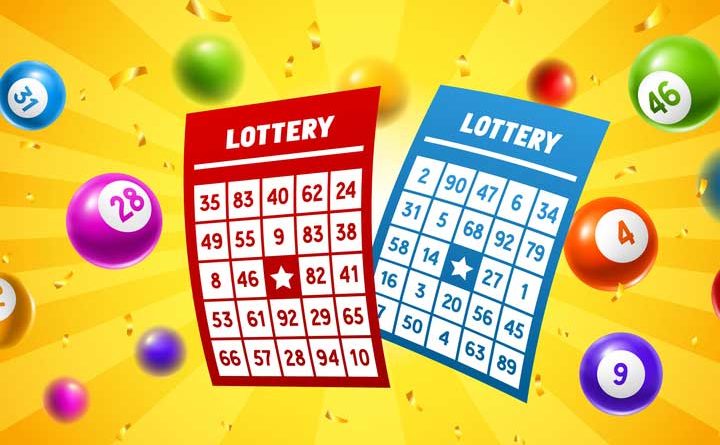Govt To Regulate Illegal Lotteries
Source: Vientiane Times
Illegal lotteries are booming, with many offering several lucky draws in one day, but action is being taken to regulate these unlawful operations, the Minister of Finance has told the National Assembly.
Lotteries based in foreign countries including Vietnam, Thailand, Cambodia, China and even the Republic of Korea have been sold illegally in Laos, even though Laos has its own legal lottery.
Vietnam’s lottery is sold unlawfully in Laos as many as four times a day, Finance Minister Bounchom Ubonpaseuth told the recent extraordinary session of the National Assembly.
The ministry has told the relevant sector to invest in and set up a system that could trace and identify those involved in the illegal online selling of lotteries.
“However, it is hard to tackle the problem as it takes place online,” Mr Bounchom told lawmakers.
“We will look at a mechanism to address illegal lotteries. Such practices do not pay any fees to the state.”
The minister admitted that a committee had been previously formed to deal with illegal lotteries, which he referred to as ‘underground lotteries’, but had been unable to resolve the issue.
He assured lawmakers that authorities in charge are capable of dealing with the matter, but said investment was needed to develop a system to trace those involved in the illegal practice.
Mr Bounchom was responding to a question raised by a member of parliament, who called for action to regulate illegal lotteries.
The lawmaker noted that many countries have generated considerable revenue from lottery sales, but that people in Laos have been buying foreign countries’ lotteries that are sold here illegally, even though Laos has its own lottery.
Revenue earned by the state through legal lottery sales run by the state lottery enterprise has decreased threefold to about 20 billion kip, according to the minister.
He explained that the enterprise previously issued lotteries four times a week with an additional scratch lottery (which requires buyers to scratch to see the number).
After public complaints that the issuing of so many lotteries encouraged people to become addicted to gambling, authorities in charge decided to reduce the number of lotteries to just twice a week and to end the scratchcard lottery. Mr Bounchom reiterated the need to regulate and address illegal lotteries, saying they lured people into habitual betting.


